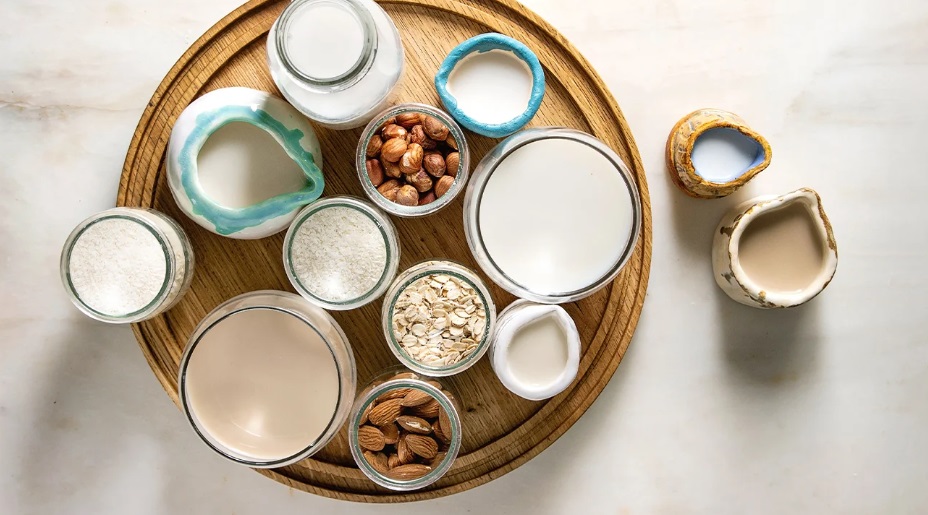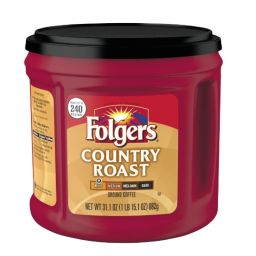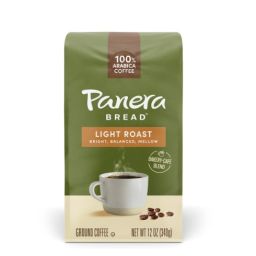
Exploring alternatives to traditional coffee creamer and milk is becoming increasingly popular, driven by health concerns, dietary restrictions, and a desire for varied flavors. Many are turning away from standard dairy options due to lactose intolerance, vegan lifestyles, or simply to reduce calorie intake.
Others seek to enrich their morning ritual with new tastes that also offer health benefits. This shift has led to a wealth of options, ranging from plant-based milks to innovative concoctions that add both flavor and nutritional value to your daily brew. Understanding these alternatives can greatly enhance your coffee experience, catering to both your palate and well-being.
Key Takeaways about Alternatives for Coffee Creamer And Milk
- Healthier Choices: Many alternatives offer lower calories and less fat compared to traditional creamers.
- Flavor Diversity: From nutty almond milk to rich coconut milk, the range of flavors available can transform your coffee into a gourmet experience.
- Nutritional Advantages: Substitutes often provide additional nutrients like omega-3 fatty acids, vitamins, and minerals.
- Taste and Diet Compatibility: There’s an alternative for nearly every dietary need, whether you’re vegan, lactose-intolerant, or just cutting back on sugar.
Dairy Alternatives
If you’re not ready to depart entirely from dairy but are looking for something a bit lighter than traditional cream, consider options like low-fat milk, heavy cream, and half-and-half. These alternatives can adjust the texture of your coffee, softening its harsh notes without overwhelming the original flavor of the brew. Low-fat milk offers a way to enjoy a creamier coffee without all the calories, while heavy cream adds a luxurious, velvety texture.
Half-and-half, a mix of milk and cream, provides a balance, making it a popular choice for those who enjoy creamy coffee but are mindful of their fat intake. These dairy alternatives can serve as a simple first step for those transitioning away from full-fat, traditional creamers, helping to reduce overall calorie and fat intake while still savoring a rich, smooth cup of coffee.
Plant-Based Milks
The world of plant-based milks offers a rich tapestry of flavors and benefits, making each a unique addition to coffee. Whether you’re vegan, lactose-intolerant, or simply exploring healthier options, these milks can transform your daily brew. Let’s explore the distinct qualities of soy, almond, cashew, oat, and coconut milk.
Soy Milk
Soy milk is a staple in the plant-based milk world, known for its balanced flavor that complements coffee without overpowering it. It’s particularly praised for its high protein content, which makes it a filling, nutritious option for morning routines.
Soy milk froths well, making it ideal for lattes and cappuccinos. Its mild, slightly nutty taste and creamy texture can enhance coffee while providing a substantial nutritional boost.
Almond Milk
Almond milk brings a lightly sweet, nutty flavor to coffee, making it a favorite for those who enjoy a hint of almond essence. It’s lower in calories and fat than soy milk but rich in vitamin E, which is great for skin health. Almond milk varies in creaminess, so for coffee, opt for barista blends that are designed to froth and blend smoothly without separating.
Cashew Milk
For a thicker, creamier texture, cashew milk is the go-to. It’s less nutty than almond milk but provides a rich, buttery profile that can make coffee feel more decadent. Cashew milk is also beneficial for heart health due to its content of healthy fats and has a naturally sweet taste that can reduce the need for added sugars in your coffee.
Oat Milk
Oat milk is currently one of the most popular non-dairy milks for coffee due to its exceptionally creamy texture and slight sweetness. It pairs beautifully with coffee, adding a smooth, rich body without altering the coffee’s natural flavors. Oat milk is also high in fiber and can provide a slow release of energy, perfect for starting the day.
Coconut Milk
Coconut milk stands out with its tropical flavor and rich, creamy consistency. It’s a great choice for those who like a hint of coconut and a silky texture in their coffee. While it’s higher in fat than other plant-based milks, the fats are primarily medium-chain triglycerides (MCTs), which are believed to be metabolized differently, potentially aiding in energy and weight management.
Non-Traditional Alternatives
When it comes to spicing up your morning coffee, non-traditional alternatives like butter, coconut oil, and natural sweeteners offer unique flavors and health benefits that can elevate your daily cup.
Butter (Bulletproof Coffee)
Butter, particularly when used in the recipe for Bulletproof coffee, combines high-quality coffee with grass-fed butter and MCT oil (often derived from coconut oil). This concoction aims to boost energy and brain function without the typical coffee crash. The butter adds a rich, creamy texture and can help you feel satiated longer.
Coconut Oil
Coconut oil is another fatty addition that brings a smooth, slightly tropical flavor to the coffee. Like butter, it contains MCTs, which are metabolized quickly by the body, providing a quick energy source and helping to increase metabolism. When blended into coffee, coconut oil creates a smooth, frothy texture, making each sip luxuriously creamy.
Natural Sweeteners: Honey and Maple Syrup
Moving away from traditional sugar, natural sweeteners like honey and maple syrup not only sweeten your coffee but also add their own subtle flavors and health benefits. Honey offers antioxidants and can provide a mild floral sweetness, while maple syrup brings a warm, woodsy sweetness and contains minerals like zinc and manganese.
Both are excellent for adding a touch of natural sweetness without the spike in blood sugar associated with refined sugars.
How to Choose the Right Alternative
Choosing the right coffee creamer alternative involves balancing flavor preferences, health goals, and environmental considerations.
Flavor Preferences: Start with your taste preferences. Do you prefer your coffee sweet, creamy, or with a hint of flavor? For a neutral taste, soy or almond milk might be the best. If you want something creamier and richer, consider oat milk or coconut milk. For added sweetness without sugar, try natural sweeteners like honey or maple syrup.
Health Goals: Consider your health objectives. If you’re looking for low-calorie options, almond or cashew milk might be ideal. For those needing a boost in protein, soy milk is a strong choice. If you’re following a ketogenic diet, MCT-rich options like coconut oil or butter coffee might be beneficial.
Dietary Needs: Account for any dietary restrictions, such as lactose intolerance, nut allergies, or vegan preferences. Plant-based milks are excellent for those avoiding dairy, while butter and coconut oil are suitable for low-carb, high-fat diets.
Environmental Impact: Finally, think about the environmental impact of your choice. Nut-based milks, while delicious, often require more water and other resources to produce. Opting for sustainably sourced or local products can help mitigate these effects.
DIY Alternatives
Creating your own coffee creamer at home is a great way to customize flavor, control ingredients, and potentially save money. Here are two simple DIY creamer recipes: one liquid and one powdered.
Liquid Creamer Recipe
Combine one cup of milk or a plant-based alternative (like almond milk) with one cup of heavy cream in a saucepan. Add a sweetener like honey or maple syrup to taste and a flavor enhancer such as vanilla extract or cinnamon. Heat gently until the mixture is homogeneous, then cool and store in the refrigerator.
Powdered Creamer Recipe
Mix one cup of powdered milk with one cup of powdered sugar and 1/3 cup of coconut oil, melted. Add a touch of vanilla powder for flavor. Blend all ingredients in a food processor until well combined. Store in an airtight container in a cool, dry place.
FAQs
What are the best low-calorie alternatives?
For low-calorie coffee creamer alternatives, consider almond milk, cashew milk, or flaxseed milk, which offer lower calorie counts without compromising too much on taste and texture.
How do non-dairy creamers compare nutritionally to dairy milk?
Non-dairy creamers can vary widely in nutritional content. Some, like soy or pea milk, offer protein content comparable to dairy milk, while others, like almond or coconut milk, provide fewer calories but also less protein.
Can I make a plant-based creamer at home?
Yes, you can make a plant-based creamer at home using ingredients like nuts, seeds, or oats. Simply blend soaked almonds or cashews with water, a bit of salt, and optional sweeteners or flavorings, then strain for a smooth, creamy plant-based milk.
Final Thoughts
Exploring alternative coffee creamers and milk is not only about catering to dietary restrictions or health concerns but also about enhancing your coffee experience. Whether you opt for store-bought options or DIY recipes, there are numerous ways to customize your coffee that align with both your flavor preferences and nutritional needs.









